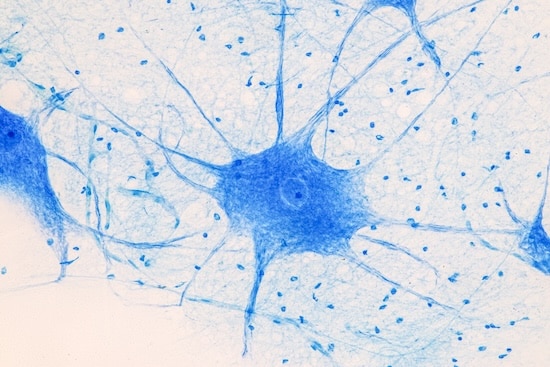Researchers at McGill University and the Douglas Institute have identified two specific types of brain cells that are altered in people with depression.
The study, published in Nature Genetics, opens the door to developing new treatments that target these cells and deepens our understanding of depression, a leading cause of disability worldwide that affects more than 264 million people.
“This is the first time we’ve been able to identify what specific brain cell types are affected in depression by mapping gene activity together with mechanisms that regulate the DNA code,” said senior author Dr. Gustavo Turecki, a professor at McGill, clinician-scientist at the Douglas Institute and Canada Research Chair in Major Depressive Disorder and Suicide. “It gives us a much clearer picture of where disruptions are happening, and which cells are involved.”
The researchers used post-mortem brain tissue from the Douglas-Bell Canada Brain Bank, one of the few collections in the world with donated tissue from people who had psychiatric conditions.
They used single-cell genomic techniques to analyze RNA and DNA from thousands of brain cells, identifying which cells worked differently in depression and what DNA sequences could explain those differences. They studied samples from 59 people who had depression and 41 people without it.
The results revealed altered gene activity in a certain type of excitatory neuron involved in mood and stress regulation, and in a subtype of microglia cells, which help manage inflammation. In both cell types, many genes were functioning differently in people with depression, suggesting potential disruptions in these key brain systems.
By pinpointing brain cells affected in depression, the study adds new insight into its biological basis and, more broadly, challenges lingering misconceptions about the disorder.
“This research reinforces what neuroscience has been telling us for years,” Turecki said. “Depression isn’t just emotional, it reflects real, measurable changes in the brain.”
As a next step, the researchers plan to study how these cellular changes affect brain function and whether targeting them could lead to better therapies. “Single-nucleus chromatin accessibility profiling identifies cell types and functional variants contributing to major depression” by Anjali Chawla and Gustavo Turecki et al., was published in Nature Genetics.

